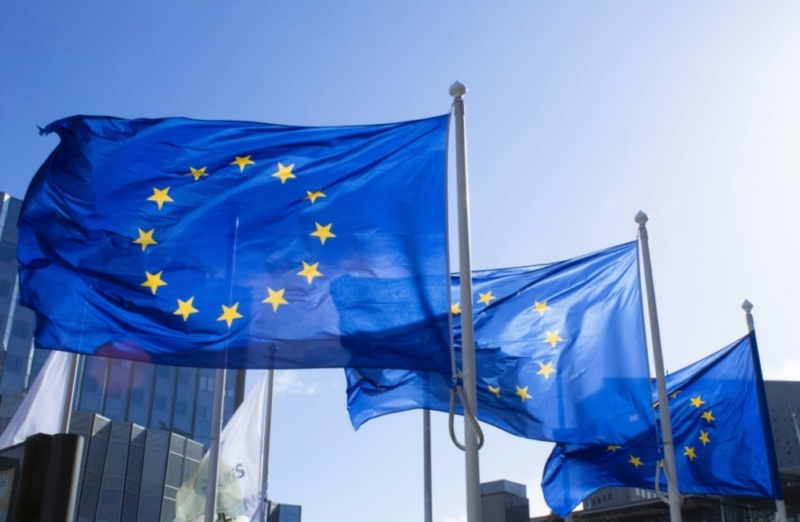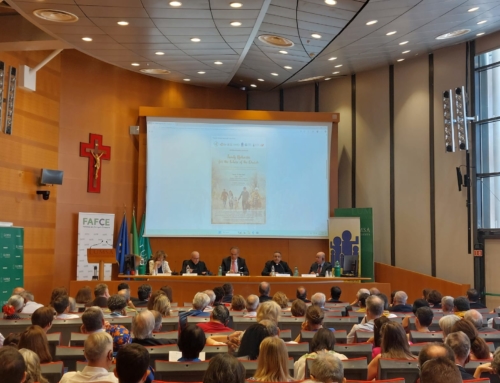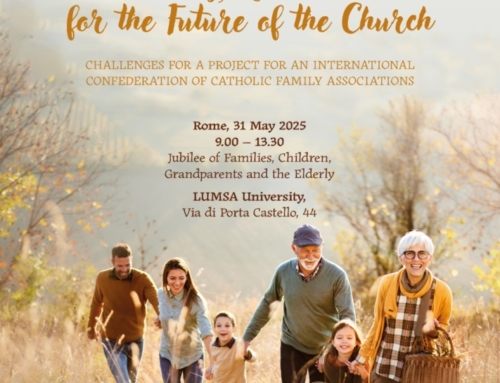Brussels, 21st March, 2024
On Wednesday 20th March, representatives from the EU institutions met at the Tripartite Social Summit. Co-chaired by the President of the European Council and the President of the European Commission (and featuring trade union and commercial representatives), the Summit’s goal is to respond to the crucial issues facing Europe.
Yesterday the theme was entitled: “An economically and socially strong Europe to play its role in the world.” According to the European Council, the key discussions related to three topics:
- an industrial strategy complementing the green deal with quality jobs at its heart
- a single market that delivers for enterprises and workers
- tackling skills and labour shortages
The Prime Minister of Belgium, Alexander De Croo, on behalf of the rotating president of the Council of the European Union, said: “The need for skilled workers has never been so high. The need for the right work-life balance and quality jobs has never been so strongly felt in our societies. Social dialogue stands central in the work of the Belgian presidency. This summit gives further impetus for an ambitious and future-proof social agenda.”
FAFCE highlights the need for family-work balance, enhancing a culture of respect of family time. FAFCE is a member of the European Sunday Alliance, which campaigns for a work-free Sunday and a right to disconnect – policies that would go a long way towards a healthy family-work balance. Further to these, the federation’s policy calls include:
- family-based taxation systems in order to prevent the unequal treatment of parents and carers
- adequate and fully paid access to maternity, paternity and parental leaves for parents, regardless of effective time worked
- full freedom to parents to decide on the division of the leave between the father and the mother
- legally recognise the right to disconnect and a work-free Sunday, as fundamental freedom of each person
- implement national action plans of the Child Guarantee
- end discrimination of women in the workplace
In a recent comment related to work and family balance, Vincenzo Bassi, FAFCE President, asserted that to support workers’ rights is to support mothers and fathers: “workers cannot be viewed solely as a group of individuals, but as part of families and communities contributing to the common good. They are also often parents, husbands, wives, and sons and daughters – when we consider the rights of workers we should also consider their family responsibilities”.
FAFCE also reminds the EU institutions of the need to recognise the valuable contribution of family SMEs, which put food on the table for so many hard-working families. It is crucial to support family businesses, allowing them to be competitive and to enhance the common good. EU institutions and member states can do this by including family networks and associations in policy-making, since they are closest to the needs of families.
Of course, FAFCE underlines the invaluable reality of families in the face of a demographic crisis. Without families there is no future, no workforce, no human capital, and therefore no future European society. Crucially, there is no intergenerational solidarity without the family: “In the context of a demographic winter and a culture of isolation, the family is the key to intergenerational solidarity. Precarity and insecurity exacerbates loneliness”, says FAFCE President Vincenzo Bassi.
Charles Michel, President of the European Council, correctly notes that “we are in a moment of transition”. Pope Francis has also identified the three transitions we are witnessing: digital, ecological, and demographic. All of these are happening during economic hardship in Europe.
“The ongoing cost of living crisis has put pressure on families, as well as on marriages considering starting families. We urge Member States treat the family as an investment, not a cost. This begins with family friendly policies that are inclusive of large families, from economic and taxation policy, to social and employment policy.
To protect and to promote the family is to give our societies the best chance at tackling our digital, ecological, and demographic transitions.”








